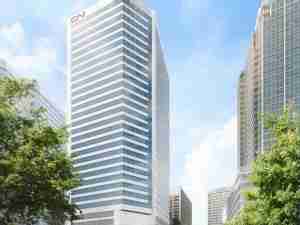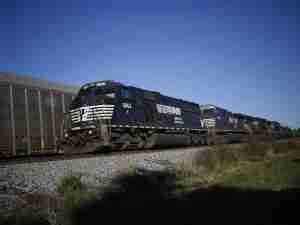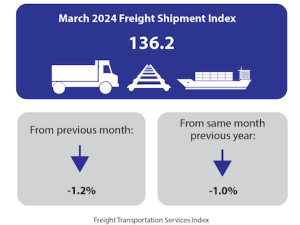The government expects about 180 billion reais ($94 billion) in annual investments through 2017 to help the country overcome aging roads, soaring logistics costs and burdensome red tape. This year alone, Brazil will auction off rights to operate roads, airports and oil concessions in a move often likened to privatization efforts undertaken in the late 1990s.
Renato Ejnisman, managing director of investment-banking for Bradesco BBI, said 2013 will be a "defining year in which a propitious environment for investment could be generated - which could be have a more positive impact than the completion of the auctions themselves."
Creating a benign environment for infrastructure spending could prove extremely beneficial for Brazil, whose economy has underperformed over the past two years amid rising government interference. The country has the lowest investment ratio among Latin America's top economies despite being the region's largest recipient for direct investment and capital inflows.
His remarks underscore the impact of state actions on market perceptions at a time when Brazil loses space to smaller emerging market nations in the mindset of global investors. For the past two years, investors balked at President Dilma Rousseff's pressure on banks and utilities to cut fees and her government's apparent laxitude with a recent spike in inflation.
In recent weeks such worries have dissipated, reigniting confidence in the infrastructure plan, Ejnisman said. Rui Gomes, who oversees project finance at Bradesco BBI, said recent signs that the government will offer investors more attractive terms for the infrastructure projects should fan interest in the upcoming auctions.
Key Focus
A combination of state-led credit from state development bank BNDES, lending from private-sector banks, issuances of bonds and stocks and resources from bidders in the projects should help jumpstart financing of the infrastructure plan, both Ejnisman and Gomes said.
"In the current moment of record-low interest rates, investors are looking for investment alternatives that render good returns," Ejnisman said.
Companies will focus on the financing alternatives for the projects in a phase following the result of the auctions, Gomes said, adding that innovative solutions could be structured depending on the nature of the project.
According to the finance ministry, more than 2.5 trillion reais of national savings are parked mainly in government debt or equity investments, with a rather narrow focus on long-term funding of infrastructure projects.
Infrastructure development is a key focus for the Rousseff administration as Brazil prepares to host the 2014 World Cup and the 2016 Olympics. Usually, investment in infrastructure is seen as riskier than, for instance, consumer lending because the former tends to be more illiquid and the money stays parked for many years.
The government will hold its 11th round auction of oil rights in May, restarting sales of exploration and production leases for the first time in five years. Auctions for the generation of 33,000 megawatts-hour of power and 23,000 kilometers of transmission lines is expected to start this year.
And in September, authorities will auction off the rights to build and operate a high-speed train linking Rio de Janeiro and S'o Paulo.
The road and airport concessions to be held between July and September will draw "special attention" from investors seeking to gauge the success of the auction model pursued by the government, Ejnisman noted. (Reuters)







